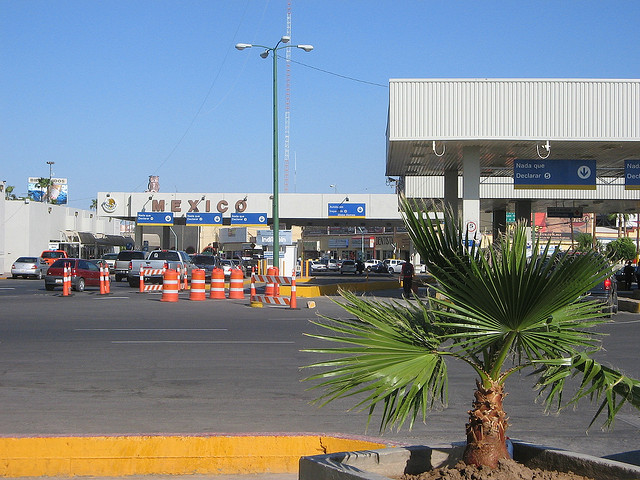New tools to fight organised crime
Commenting on the UK’s Serious and Organised Crime Act 2015, Anna Sergi argues that the new law may create more problems.
She considers criminalising association with organised crime groups to be problematic because legislation struggles to deal with the complex reality of organised crime. (Australian researchers have made similar arguments.) Sergi thinks the law is unnecessary because crimes like conspiracy exist, and proving ‘association’ will be difficult.
Australia doesn’t have a law criminalising association with organised crime groups, although there’s currently a bill before Parliament that would criminalise being ‘knowingly concerned’ with a criminal enterprise. Perhaps it’s time to discuss whether law enforcement might find additional tools useful to hold those who are disengaged, yet involved in crime.
Counterfeiters want a piece of the pie
It’s no secret that Australian coffee and smashed avocado are taking the world by storm, but it’s Australia’s reputation for quality food that’s under threat. Our food safety standards mean Australian products are highly regarded overseas, which makes us vulnerable to exploitation from food counterfeiters. Check out the full ABC report here.
CT Scan
Reformed extremists
This week, Emmy award winning filmmaker Deeyah Khan released a documentary (see a preview here) that includes interviews with former Islamist extremists and ordinary Muslim youth (50 mins). In revealing footage, one of the ‘founding fathers of Western Jihad’ Abu Muntasir weeps as he explains his regret about his past of recruiting foreigners to extremist groups. The documentary offers firsthand accounts of the alienation experienced by some children of immigrants that can leave them vulnerable to radicalisation. Equally, it exposes the revelations that can lead some to turn away from extremism. See here and here for the key takeaways.
Southasian militant groups
Quilliam’s new report sets out Islamic State’s impact on militant groups in Pakistan, Afghanistan and India. The authors explore regional and international trends to produce a set of recommendations for how governments and civil society can work to tackle radicalisation.
Countering online propaganda
Former reviewer of the UK’s counter-terrorism laws Lord Carlisle recommends that we ‘fight fire with the same sort of fire’ and recruit computer game developers to help with online counter-narratives. On the other hand, James Carafono of The Heritage Foundation writes that the most effective way to counter online propaganda is to target those committing terrorism in the physical world. Without people to carry out physical attacks, ‘the online threat is little more than an angry troll.’
Checkpoint
MERS likely to reach Australia
While Middle East Respiratory Syndrome (MERS) hasn’t yet reached Australia, Professor Sanjaya Senanayake, an infectious disease specialist at ANU, said the first case likely isn’t too far away. While authorities here continue to implement prevention measures and plan for patient zero, Seoul has reported 20 fatalities and 162 infections. The outbreak in has encouraged more than 100,000 foreign visitors to cancel their trips to South Korea.
Central American migrants now caught in Mexico
The Washington Office on Latin America has reported that Mexican migration authorities have been intervening to stop the flow of US-bound migration from El Salvador, Guatemala and Honduras. In 2013–14, such migration led to more than 162,000 arrests at the US border.
Mexico recorded almost 93,000 migrant detentions in 2014–15, dwarfing the 49,000 cases recorded in the US. Mexico now detains more Central American migrants than the US does, suggesting that the migrant crisis has been transferred rather than addressed.


